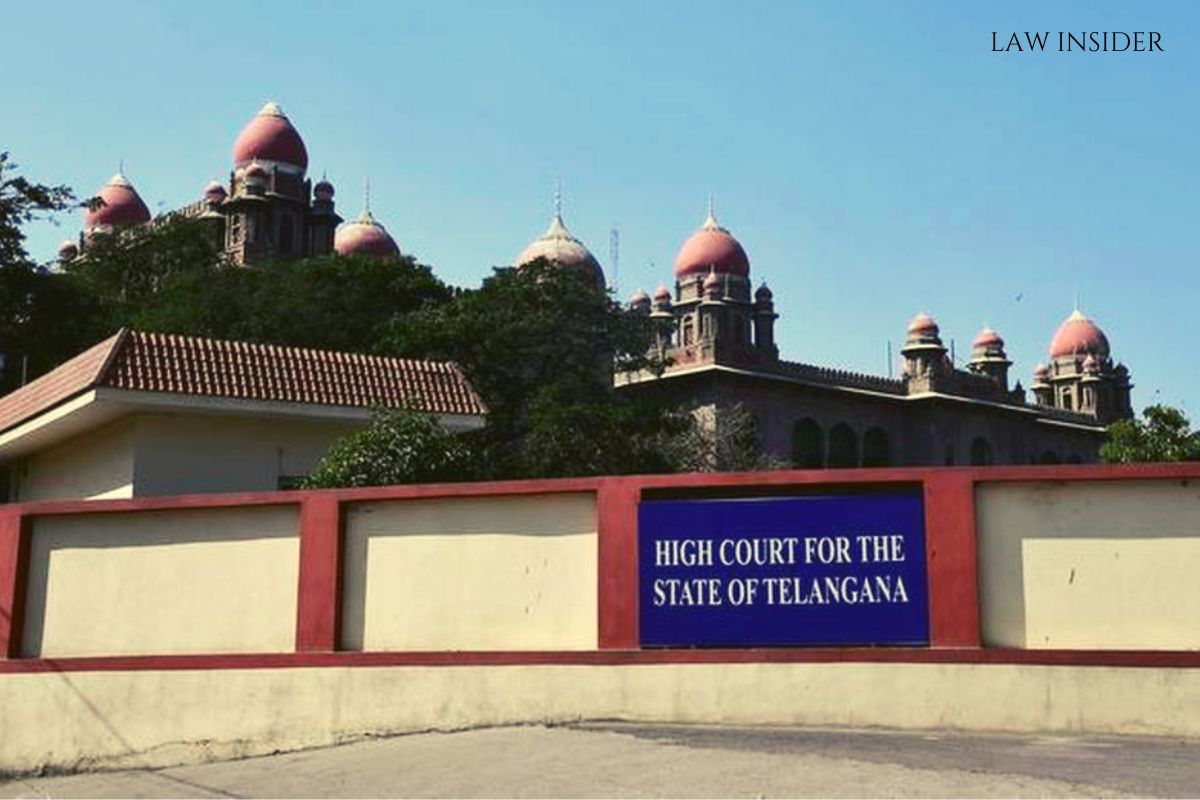Savvy Thakur
Published on: 02 December 2022 at 20:16 IST
Even though there were contradictions in the dying declarations, the Telangana High Court upheld the husband’s conviction under Section 498A of the Indian Penal Code in a recent decision because all of the dying declarations made consistent statements about the wife’s abuse and cruelty.
“Both of these statements are consistent with the fact that the deceased and A1 got into a fight, that he came to her drunk, abused her, and tried to beat her. She poured kerosene oil from the stove on her body and set herself ablaze because she was unable to bear the same. This is enough to attract the ingredients of Section 498-A of the IPC.”
“Even after the exaggerations were removed, the deceased’s statement in Exs. Regarding the harassment and cruelty she endured at the hands of A1 that led to her suicide, P4 and P11 are consistent. As such, this Court does not find any illegality or impropriety in the judgment of the trial court in coming to the conclusion about the guilt of the Accused No.1 for the offence under Section 498-A IPC.”
In this case, the appellant is accused of setting his wife on fire by dousing her with kerosene. The Metropolitan Sessions Judge of Secunderabad found the accused guilty of cruelty toward his wife under Section 498A and sentenced him to a year in prison and a Rs. 1,000 fine. The trial court’s decision was the subject of the appeal.
With fatal burn injuries, the accused/appellant’s wife was admitted to the hospital. She had burned 40% of her body. The wife passed away while undergoing treatment, and the autopsy revealed that “shock due to burns” was the cause of her death. The wife had made four declarations stating the cause of her death prior to her death.
The appellant argued that the trial court failed to take into account the contradictory nature of the four dying declarations made by the deceased; each was an improvement over the others, and as a result, the accused should have the benefit of the doubt, the appellant argued.
In the first two declarations of her death, the deceased claimed that the accused had made abusive, vulgar, and harsh remarks, which led her to burn herself and pour kerosene on herself. The deceased, on the other hand, stated in later declarations of death that the accused had poured kerosene on her, set fire to it, and used it to harass her for a dowry.
Issue in this Case
Is it possible to overturn an accused’s conviction for the crime under Section 498A of the Indian Penal Code due to inconsistent dying declarations?
Decision of the Court
Based on the evidence that was recorded, Dr. Justice G. Radha Rani found that, despite the fact that the subsequent declarations were improvements of one another, one statement was consistent: the accused used to beat the victim after drinking and repeatedly demand dowry using vulgar and abusive language.
Consequently, the offense of Section 498A of IPC would be drawn in because of predictable articulation about provocation and brutality by spouse driving the departed to end it all.
“The declaration mentioned the presence of A1 in earlier statements, and despite developments in subsequent statements, the deceased was specific in both Exs.”
“The High Court did not find any irregularity in the findings of the trial court, and the criminal appeal was dismissed. P4 and P11 that A1 tried to beat her and used the most vulgar language against her.”
“The conduct of A1 in abusing the deceased would attract the provisions of Section 498-A IPC, which would amount to cruelty defined in the Section driving the deceased to commit suicide.”
The court stated there is no irregularities in the lower court’s findings and hence criminal appeal was dismissed.

